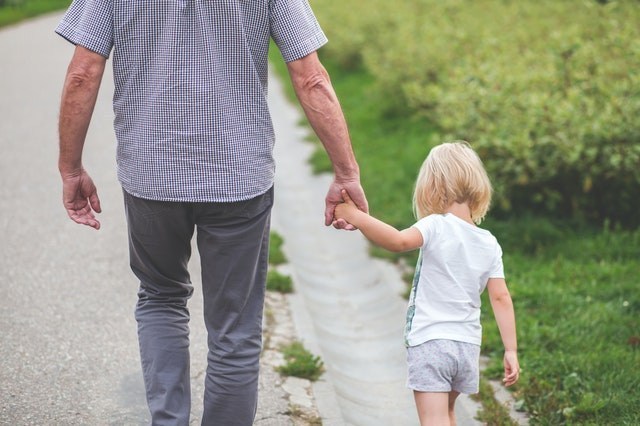People are more concerned about whether their family members could contract the new coronavirus (Covid-19) than they are about getting it themselves, a new study found.
When it comes to worrying about the Covid-19 pandemic, a new study, conducted by researchers from the Lifespan Brain Institute (LiBI) of Children's Hospital of Philadelphia (CHOP) and the Perelman School of Medicine at the University of Pennsylvania, demonstrates that people are more concerned about whether their family members could contract the virus, or if they are unknowingly spreading the virus themselves, than they are with contracting it.
On Thursday, the findings were published online by the journal Translational Psychiatry.
In April, soon after measures to stay at home were issued in the United States, the researchers launched an online survey to study stress and resiliency during the pandemic.
Related News
- We will be 'stuck with the virus' for the next few months, Crisis Centre says
- 2 in 3 no longer motivated to follow coronavirus measures
- Children with Covid-19 get out of hospital faster than adults
They measured six potential sources of stress: contracting the virus, dying from the virus, currently having the virus, having a family member contract the virus, unknowingly infecting others, and experiencing a significant financial burden.
The results showed that distress about family members contracting the virus (48.5%) and unknowingly infecting others (36%) far outweighed distress associated with contracting the virus themselves (19.9%).
"Based on our study, it appears that people are more worried about others than themselves when reporting their Covid-19 related concerns, but encouragingly, resilience helps reduce these worries, as well as anxiety and depression," said Raquel Gur, Professor of Psychiatry at the University of Pennsylvania and the director of LiBI.
The study involved 3,042 participants from the United States and Israel, ranging in age from 18 to 79, most of them living in places with active quarantine orders when the survey was carried out. Roughly 20% of the participants were healthcare workers.
So far, more than 7,000 people have taken the survey, which can be found here.
Maïthé Chini
The Brussels Times

